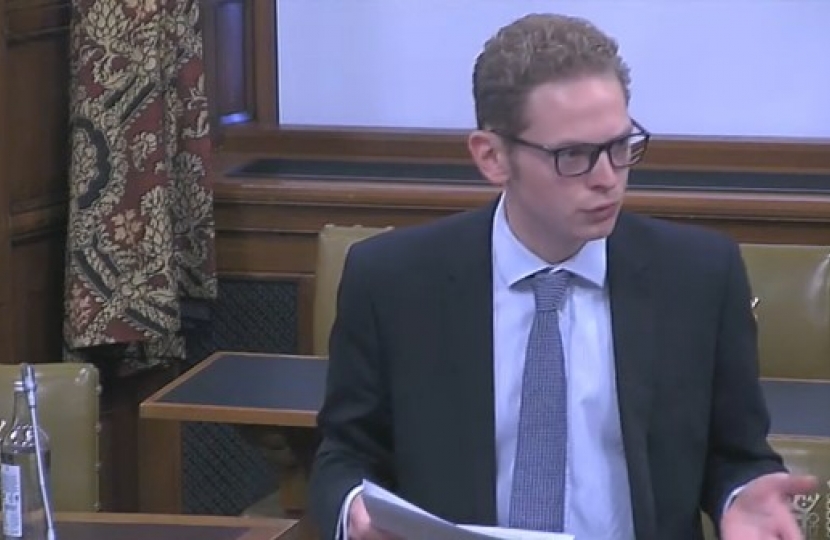
The recent rise in energy costs over the last few months have caused a slight headache for most of us. However, the huge change in energy prices puts particularly pressure on energy intensive industries like ceramics in Stoke-on-Trent.
Jack was pleased to be able to secure a Westminster Hall debate this week to outline and discuss on a cross party basis the risks faced by energy intensive industries. It is vital that we ensure investment is put into industries such as the ceramics to ensure that we support and improve local jobs.
During the Westminster Hall debate various MPs expressed their desire to see support for energy intensive industries in their areas. This includes industries such as steel, gas and chemicals.
Jack Brereton MP, Stoke-on-Trent South said:
“As a whole, the energy intensive industries of steel, chemicals, paper, glass, cement & lime, industrial gases, and ceramics contribute £38 billion annually to UK GDP, according to figures from the Energy Intensive Users’ Group. The same group notes that these industries provide 200,000 jobs directly and support a further 800,000 indirectly.
Ceramics is particularly important to the Midlands economy: 60% of direct employment in the sector is within the Midlands Engine, and most of this is concentrated in the Staffordshire Potteries, focused on Stoke-on-Trent.
We are on the cusp of some very big advances in low-emission energy and we need to seize those opportunities without taking our eye off the ball of the short-term dangers of price volatility in traditional fuel markets. Energy Intensive Industries are spread right across this country and they are crucial to realising the skilled jobs, good pay and levelling up agenda.”
Minister for Energy, Lee Rowley MP said:
“I cannot avoid pointing out ceramics, given that that is the genesis of this morning’s debate. Colleagues in Stoke-on-Trent South and beyond have been eloquent champions for the future of the ceramics industry. We are glad to see its continued renaissance and we hope that will continue in the years ahead. It is a great British success story and we want to ensure that that continues.”
It is crucial that we see research and development (R&D) investment in energy intensive sectors, especially ceramics. After the success of COP26 and the push for industries to operate on a greener and environmentally friendly basis, we must support industries in making the transition to using more energy efficient and resilient technologies. With the right investment and incentives, the energy intensive industry can make a smooth transition from being reliable on non-renewable energy. Releasing industries such as steel and ceramics from the reliance on gas will help them be less exposed to changes in global energy markets.
Jack’s focus is not just on gas but electricity too. We have some of the highest industrial electricity prices in Europe and we are lacking competitiveness. Whilst the introduction of green energy is beneficial, this doesn’t help industries with the cost of electricity and deter those who could from switching to cleaner electricity. Electricity prices must be more competitive to help industries with costs and incentivise them to move away from gas.
Electricity is not the solution for the most high-powered kilns and energy uses, but hydrogen can be. Recently, Jack attended JCB’s showcase in Westminster to discuss and look at their incredible cutting-edge work on Hydrogen combustion engines, first in the world. Hydrogen is clearly a solution that we want to explore further, and I was really pleased to see UK Research and Innovation (UKRI) give £15 million which includes Lucideon's work to look at hydrogen powered kilns for firing our ceramic products. Whilst this huge investment is welcome, further funds need to be secured to help create the national research facility we want to see for ceramics in Stoke-on-Trent.
